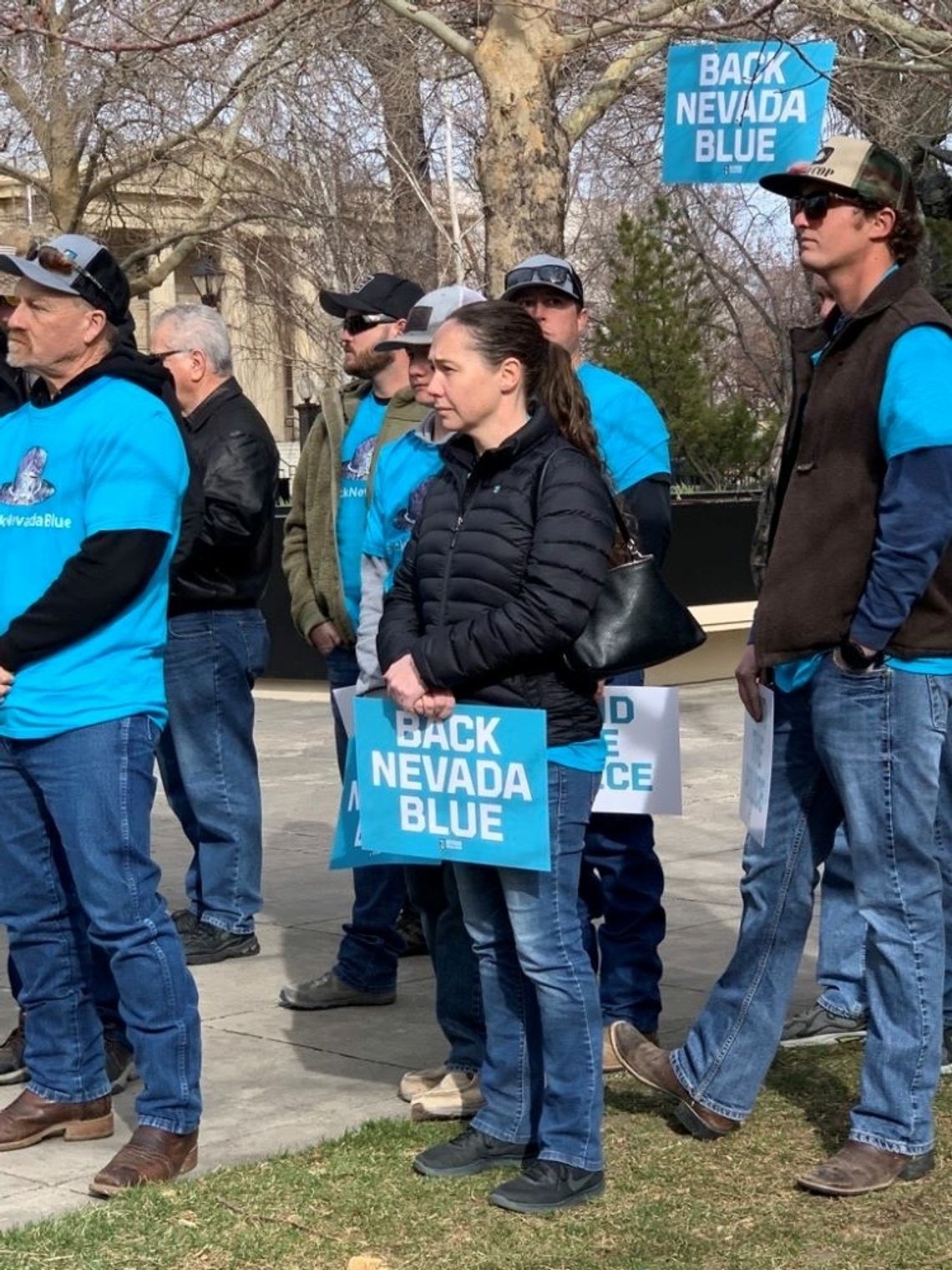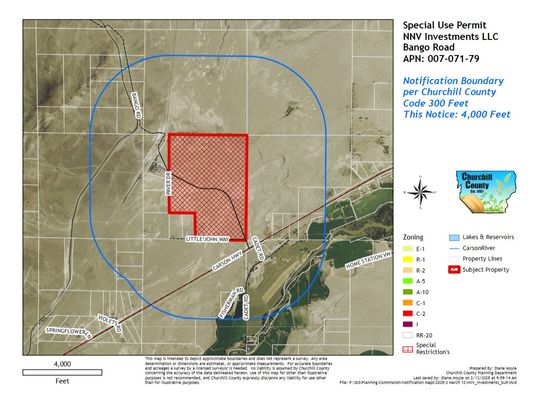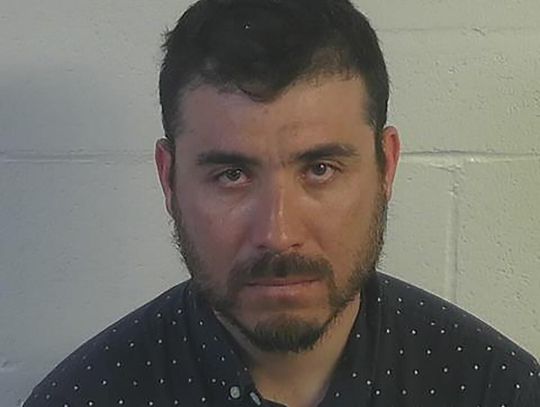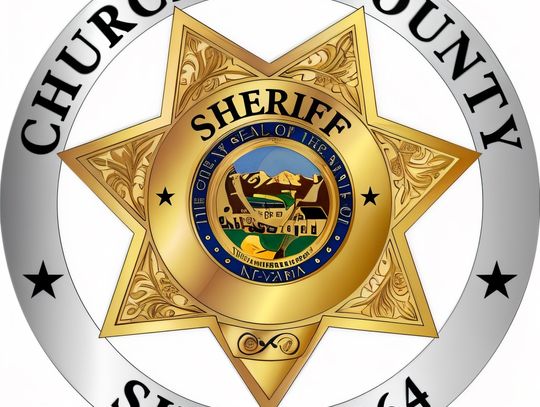The year 2020 brought with it many unprecedented challenges. It is all but impossible to forget the political turbulence and social tensions that soared at the height of the pandemic. America nearly reached its breaking point. For the first time in U.S. history, the sworn protectors of its states’ citizenry were called to the carpet. Many witnessed the unraveling of one of the four key elements that make our country work – law enforcement. Cities like Minneapolis, Portland, and New York raised a banner to “Defund the Police,” leaving many Americans unprotected on the streets in their home cities.
Fortunately, the Silver State was not crushed under that particular wave of fear and uncertainty. By and large, Nevadans “Back the Blue.” We support the men and women that patrol our neighborhoods, monitor our schools, and traverse our roadways.
While sheriff’s departments and municipal police forces provide local protection, the Nevada State Police fills the gaps left between jurisdictions and endeavors to meet a vast array of law enforcement needs across the state. Comprised of multiple divisions, NSP includes the Nevada Highway Patrol, State Game Wardens and Park Rangers with the Bureau of Wildlife, University Police, Capitol Police in Carson City, State Fire Marshalls, and the Division of Parole and Probation. NSP also runs a statewide Investigation Division, including Fallon’s North Central Narcotic Task Force and other narcotics enforcement units, Major Crimes, Homeland Security, and more.
However, Nevada is not as protected as you may think.
On March 8, the Nevada Police Union hosted a “Fund the Police Rally” at the Nevada Law Enforcement Memorial in Carson City to bring awareness to some of the problems facing law enforcement, specifically, the pay, training, and staffing shortfalls of Nevada State Police.
Officers employed with the NSP make a minimum of 23% less than their counterparts in local law enforcement, with most estimates ranging from 30-50% less. Further, Nevada law enforcement officers at large earn less than those in other states, making the pay disparity even greater for NSP.
The last “real” raise for NSP officers was in 2007 – which was cut shortly thereafter during the 2008 recession, says Matthew Kaplan, Executive Director of the Nevada Police Union. Additionally, increased insurance premiums immediately swallow up most cost-of-living raises. The Nevada State Legislature approved a cost of living increase during the last session, along with another insurance hike. While the increased insurance deduction has taken effect, the raises have not. NSP officers are making less today than they were a year ago.
NSP is also experiencing hiring and staffing challenges as many officers migrate to other agencies. Local jurisdictions offer higher pay and even hiring bonuses in some areas. NSP is the only law enforcement agency that does not contribute to its officers’ pensions. With each paycheck comes a 23% PERS deduction, unmatched by the state.
In 2008, the State cut approximately 47% of NSP positions and still operates on those staffing levels, said one NSP Task Force officer. The Nevada State Investigation Division had about 100 employees in 2007. It now has 36. Despite the State’s population explosion, NSP has not added additional officers. Now, the ones they do have are leaving in record numbers.
Parole and Probation officers are handling unmanageable caseloads. At present, there are about 19,000 probationers and parolees statewide, which include individuals convicted of murder, violent offenses, kidnapping, crimes against a child, sex offenses, street gang activities, and significant financial offenses. A 2021 state audit revealed that the division does not have enough staff to supervise their probationers adequately. With caseloads up to twice the recommended number, officers leave for better paying, less stressful positions elsewhere. The solution? Auditors recommended a “different method for tracking caseloads.”
According to the Nevada Officer Down Memorial Page, the NSP/Department of Public Safety has suffered more line of duty deaths than any other law enforcement branch. Yet, budget cuts and funding restraints limit officer range/shooting training to twice a year. “Can you believe we are law enforcement, and we cannot even practice shooting because there is not enough money to buy us ammunition?” asked Kaplan. Officer training is an issue of great concern to NSP. Their ability to effectively handle dangerous situations impacts officers, potential suspects, injured individuals, bystanders, families, and ultimately all Nevada residents.
During the rally, former Nevada U.S. Senator, Secretary of State, and newly declared Nevada gubernatorial candidate Dean Heller (R) addressed the crowd in support of seeing the NSP adequately funded, trained, and equipped. “It’s not just the officers,” said Heller, “It’s their families that have to worry about this every day.” Heller acknowledged the hard work and sometimes dangerous conditions faced by law enforcement, “They are the real heroes, the ones that go out there every day no matter what makes their jobs difficult.”
Heller believes that Nevada’s politicians are contributing to those difficulties. According to Heller, Nevada has the highest unemployment in the nation, the lowest graduation rate, suicide rates at the top, and the worst human trafficking in the country “because politicians won’t do anything about it. And these all make the jobs of peace officers more difficult.”
Former Nevada State Assemblyman P.K. O’Neil, a retired peace officer with 29 years in Nevada and 40 years in law enforcement, also spoke to officers in the crowd. “You should be treated equally to other law enforcement officers,” said O’Neil. “During the last legislative session, Nevada actually took money away from Public Safety. When people complain regularly about law enforcement shootings and what we do and don’t do properly, we need to look at training. There’s a solution.”
Information provided by the Nevada Police Union states that Assembly Bill 133 presented to legislators in the last session would have “Given hands-on training and instruction to officers on many different tactical skills needed for their job.” One of those would have required regular practice in the Emergency Vehicle Operation Course, which provides training on dealing with dangerous and deadly high-speed pursuits on our roadways. Unfortunately, AB133 failed largely due to opposition from the Las Vegas Metropolitan Police. According to the Union, LVMP did not want to be “mandated” to train officers. From NSP’s perspective, the budget is of more importance to legislators than the lives of their officers and the public.
“It’s easy just to blame the legislature,” said Kaplan, “But the legislative process is slow.” And this problem is not a new one. Unlike local law enforcement agencies, NSP has never paid into officer retirement.
Immediately following the rally, Kaplan and other members of the Nevada Police Union testified before the Board of Examiners, who then approved the 3% cost of living increase (the same increase previously approved by Governor Sisolak and the State Legislature). When the raises are in the pockets of NSP officers, Kaplan hopes the mass exodus to other law enforcement agencies will decelerate.
Nevada has always been a pioneering state - a maverick among conventionalists. With a bit of help from Nevada’s progressive and innovative lawmakers, many NSP officers believe that the safety and wellbeing of all Nevada peace offices can be significantly improved.









Comment
Comments